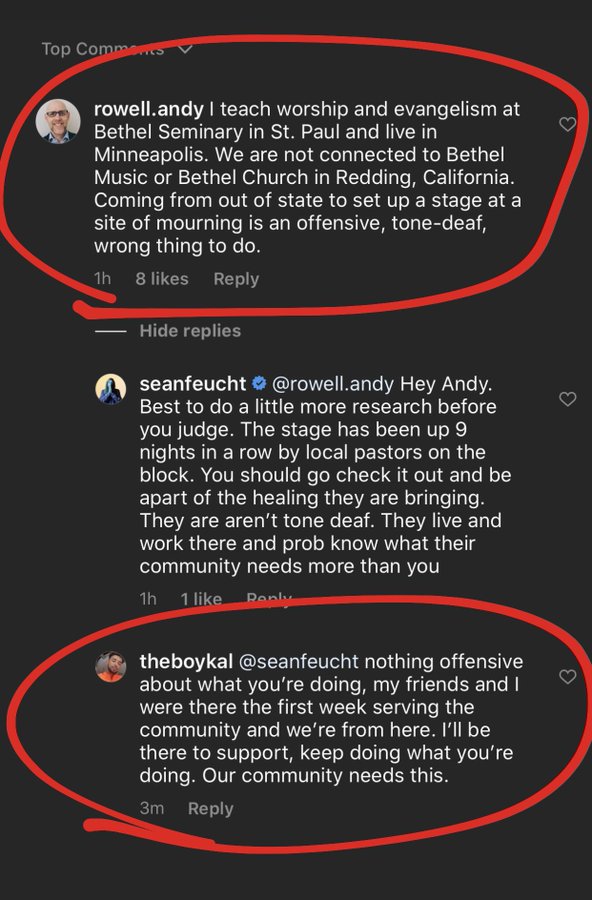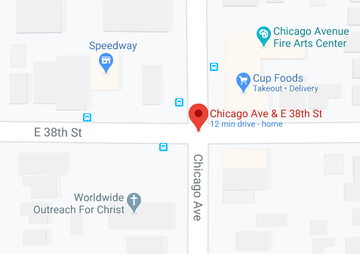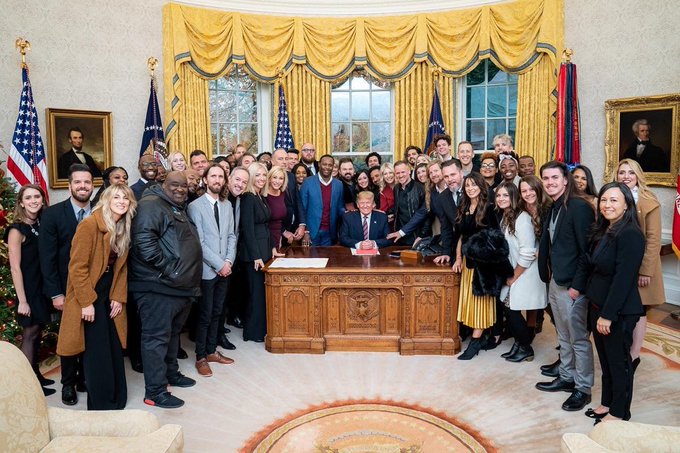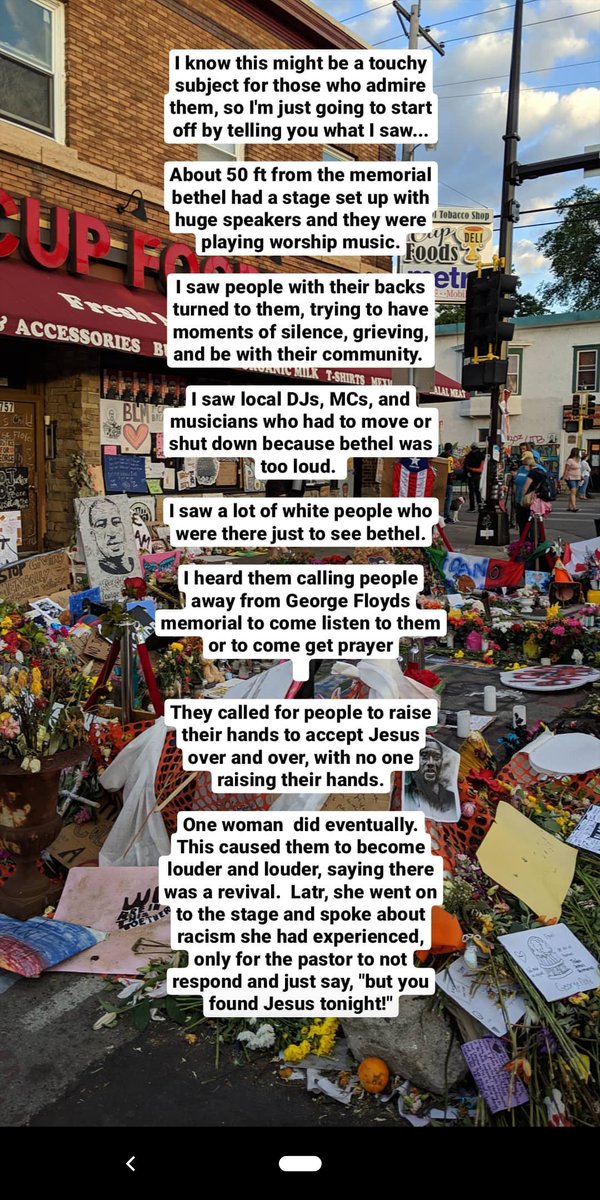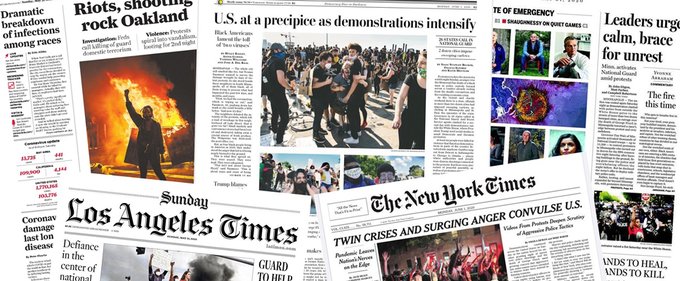I asked eight students in my worship class whether they were the kind of person who plans and hosts parties and celebrations (Super Bowl, Halloween, birthday, anniversary, graduation, Academy Awards, hockey playoffs) and family gatherings (Christmas, Thanksgiving, Easter).
Or were they more of a party pooper or kill joy or wet blanket.
All eight men said they were not much of a planner. The one woman present said she was more of a party-planner.
"But," I asked, "what about Sunday morning church worship services, baptisms, the Lord's Supper, weddings, and funerals? Do you think those are valuable? Are you interested in planning those and getting people together for those?"
"Oh, yes," they said, "*those* are important!"
The question is how those other human celebratory gatherings relate to the explicitly Christian gatherings. Is it concerning that a seminary student sees the value in the latter but not so much in the former?
It seems to me, after a year more isolated from big gatherings because of the pandemic, that people are asking about both secular and Christian events: "Why should we gather together for events and celebrations? Did we really miss them?"
These face-to-face gatherings in groups jostle us out of our logical, self-centered, routine lives and inject some sort of unexpected conversations, interactions, and insights. They are messy emotionally and mess up the house and kitchen too but we are enriched emotionally.
The logical "Spock" person says: "Why get together to eat? I have food to eat at home."
Often the social person is not able to articulate why we should gather and gives poor explanations like "We should" or "We were invited" or "It's tradition."
There is a better explanation but it is still somewhat mysterious. Human beings are social animals. We don't function at our best alone. Solitary confinement is among the worst punishments.
In the Bible, Adam was lonely by himself until Eve was created. The Jewish people gathered in Jerusalem a few times year for festivals and feasts. The stories about Jesus have to do with his interactions with strangers and crowds and his time at meals with his 12 or so disciples.
And numerous studies show that church attendance correlates with happiness and health.
So, yes, Hebrews 10:25 says Christians should "not [be] giving up meeting together, as some are in the habit of doing." But that is not because "it's tradition" but because it is good for us. It's healthy. And the gatherings can "spur one another on toward love and good deeds."
I grant that some gatherings are more important than others.
– "Dudes, let's go to the bar and get hammered!"
– "Come to my baby's gender reveal party!"
BUT, I still think the convener, the gatherer, the host, the partier is on the right track. It is good for people to gather.
Originally tweeted by Andy Rowell (@AndyRowell) on June 1, 2021.




